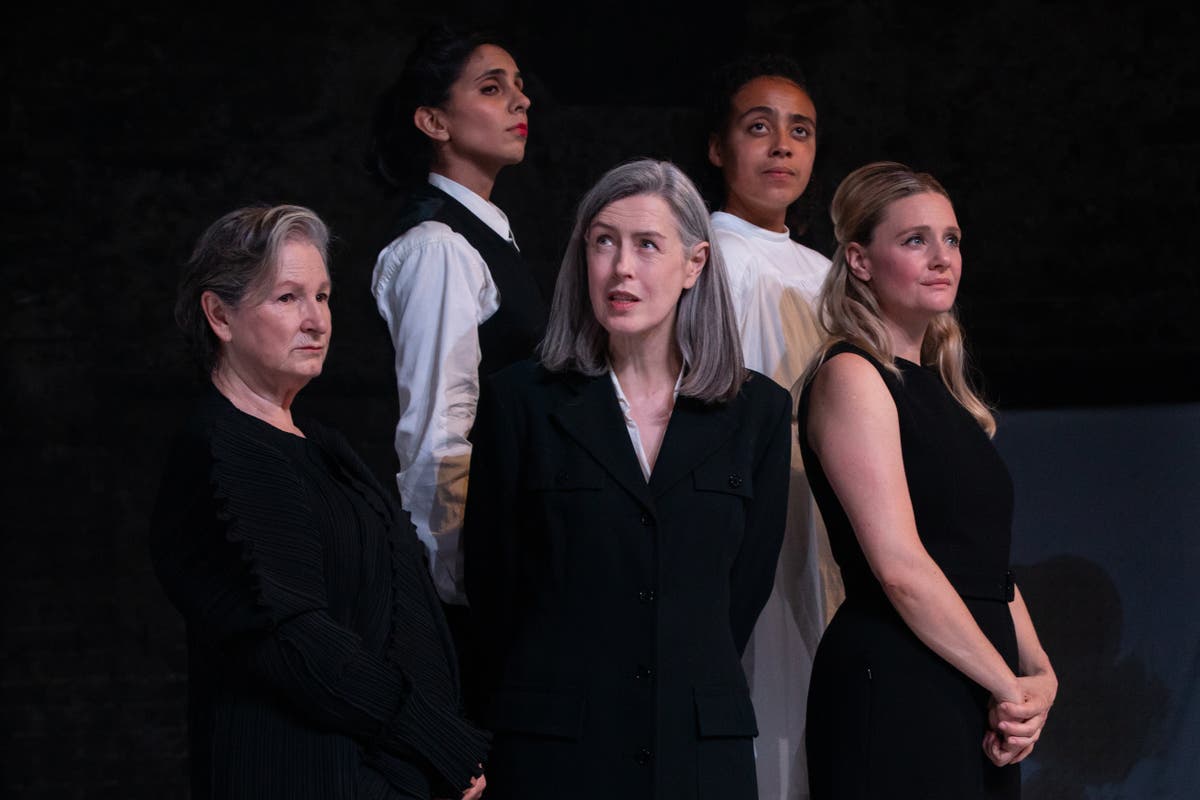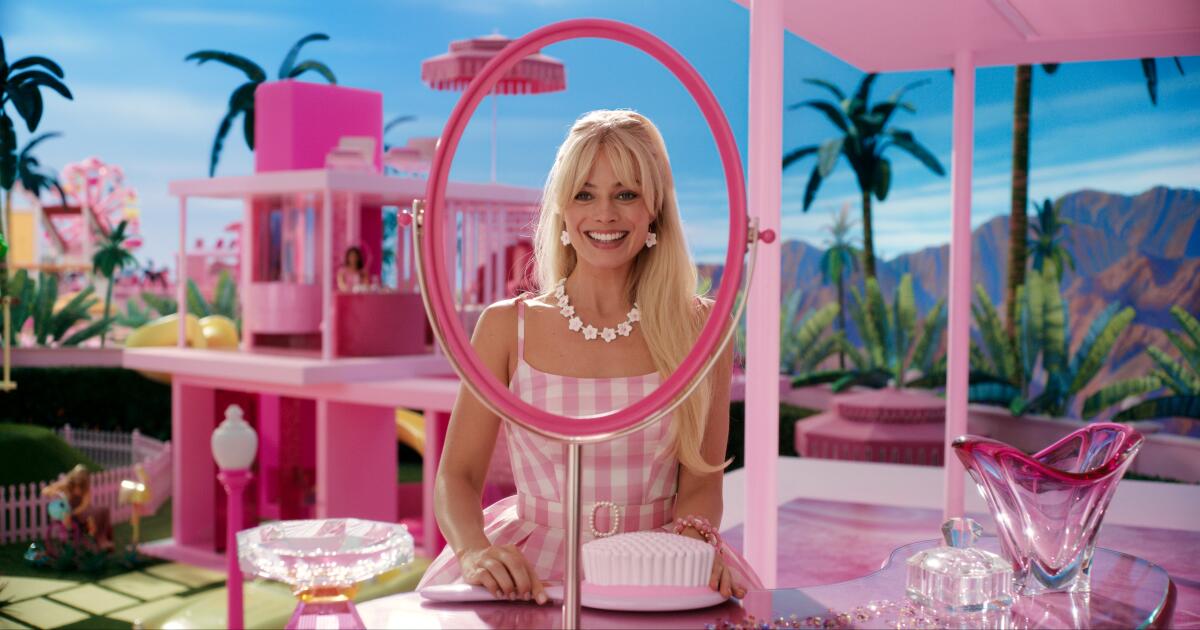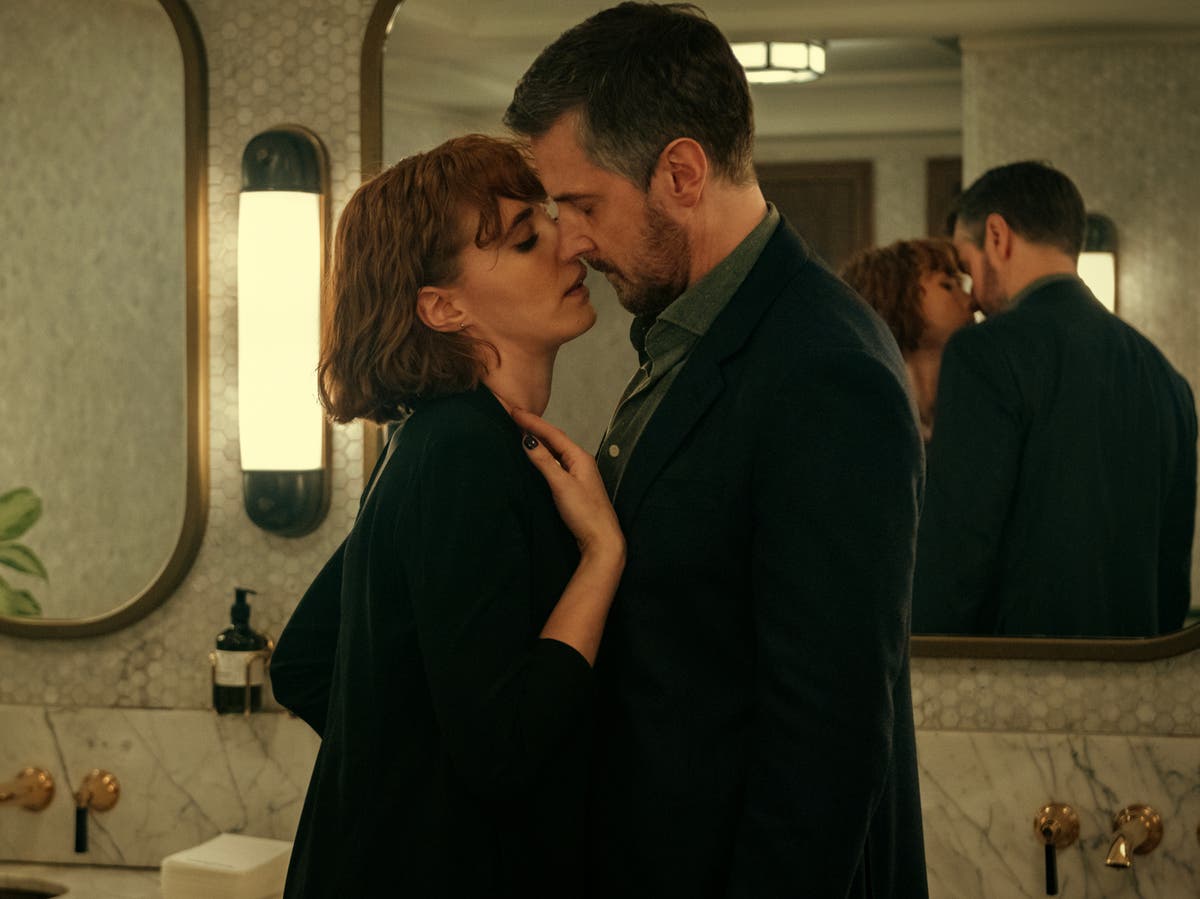
Essay: On watching The Lying Life of Adults
Hindustan TimesA few years out of my melodramatic teenage years, I savoured Elena Ferrante’s My Brilliant Friend and all that it presented: two friends looking inwards, in each other’s company; women being indifferent to patriarchy, and a mother accepting a child’s hostile love. The Lying Life of Adults, my first cinematic Ferrante experience, has abundant flashes of beauty – “When you are little, everything seems big. But later, as she begins to underperform in school and has little interest in anything other than novels, she overhears him telling her mother, “She’s getting the face of Vittoria.” Giovanna pores over family albums to find this allegedly outrageous aunt Vittoria, who her parents passionately dislike. Publicity material In the book, Giovanna’s self-awareness was stronger, but in the show, her relationships and body language with other members of the cast do justice to the single most important thing about Ferrante’s words – their power to invoke a multitude of images and uncomfortable feelings. Class roles are stunningly textured, and contrasts are drawn between the lives of Giovanna’s parents with their large library in an apartment with wooden flooring that hosts champagne-laced leftist conversations and that of her aunt, who lives in a neighbourhood of small flats with ladies waxing each other’s legs in the patios.
History of this topic

Elena Ferrante's New Novel Captures The Disillusionment Of Female Adolescence
Huff PostDiscover Related












